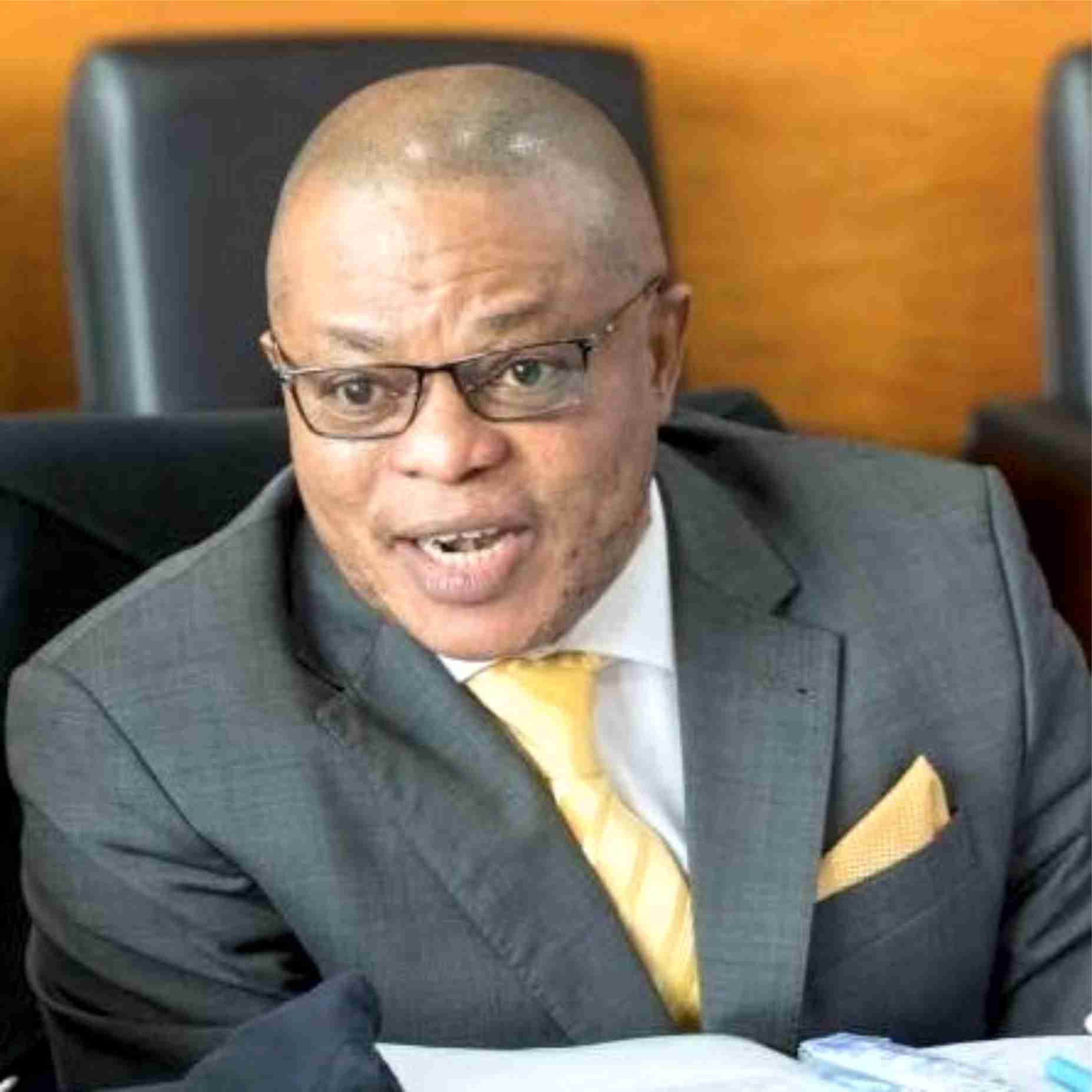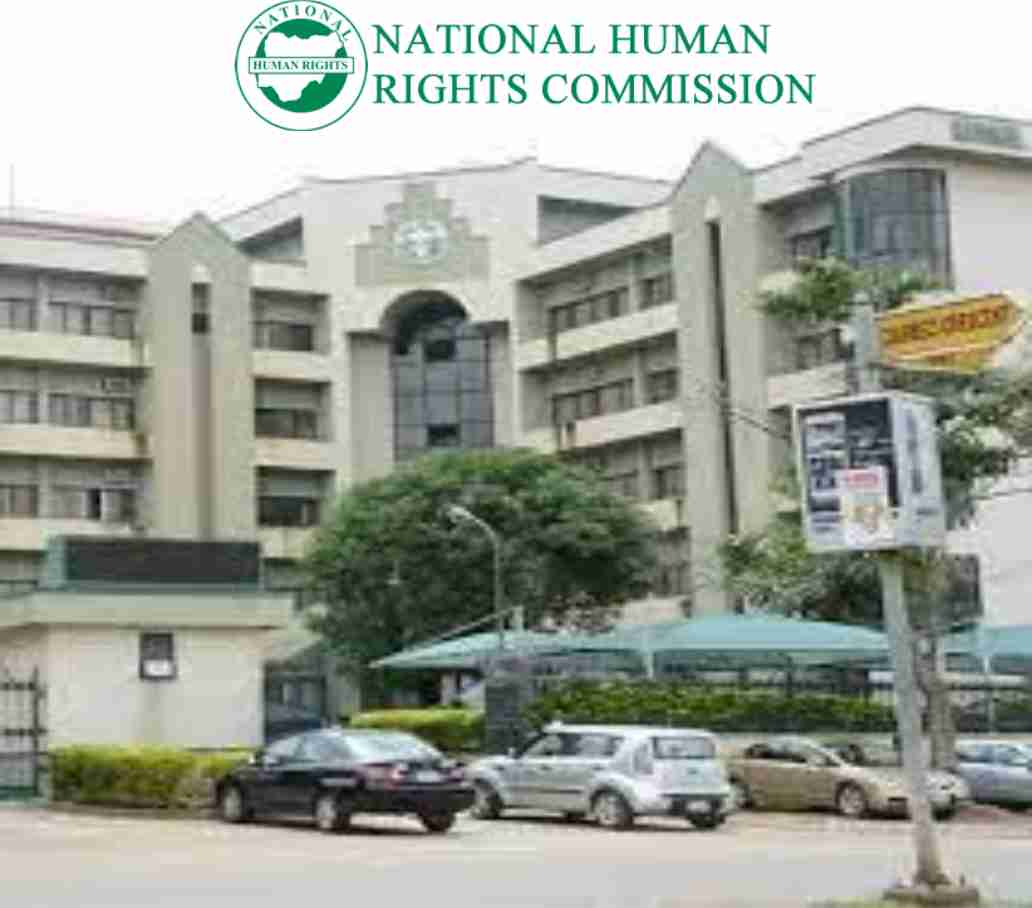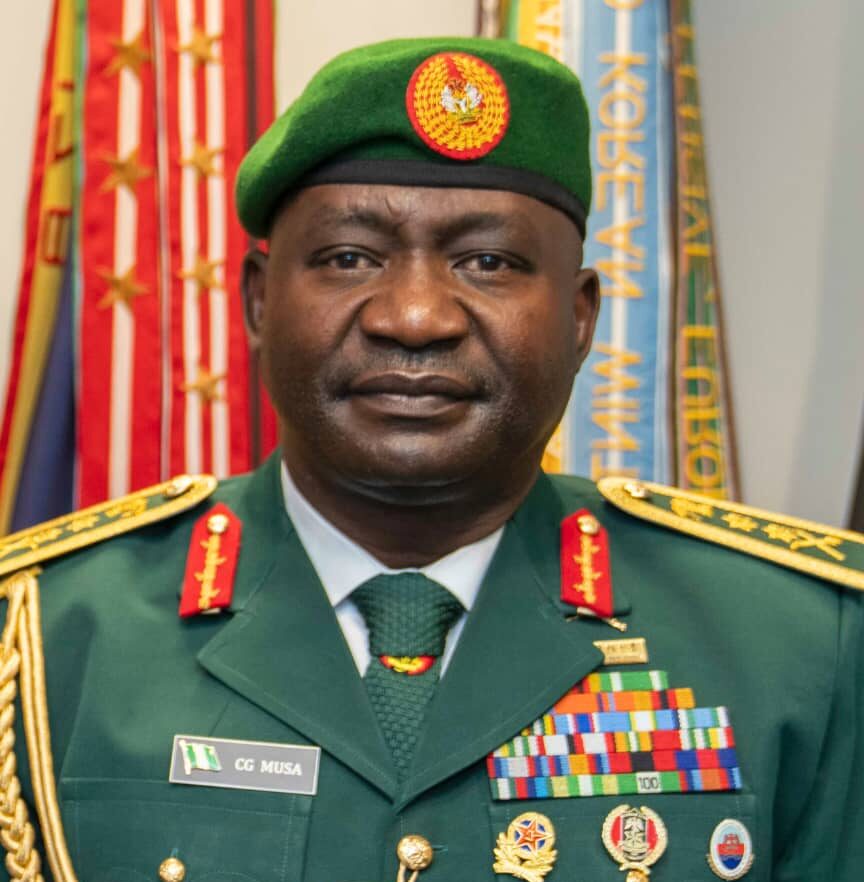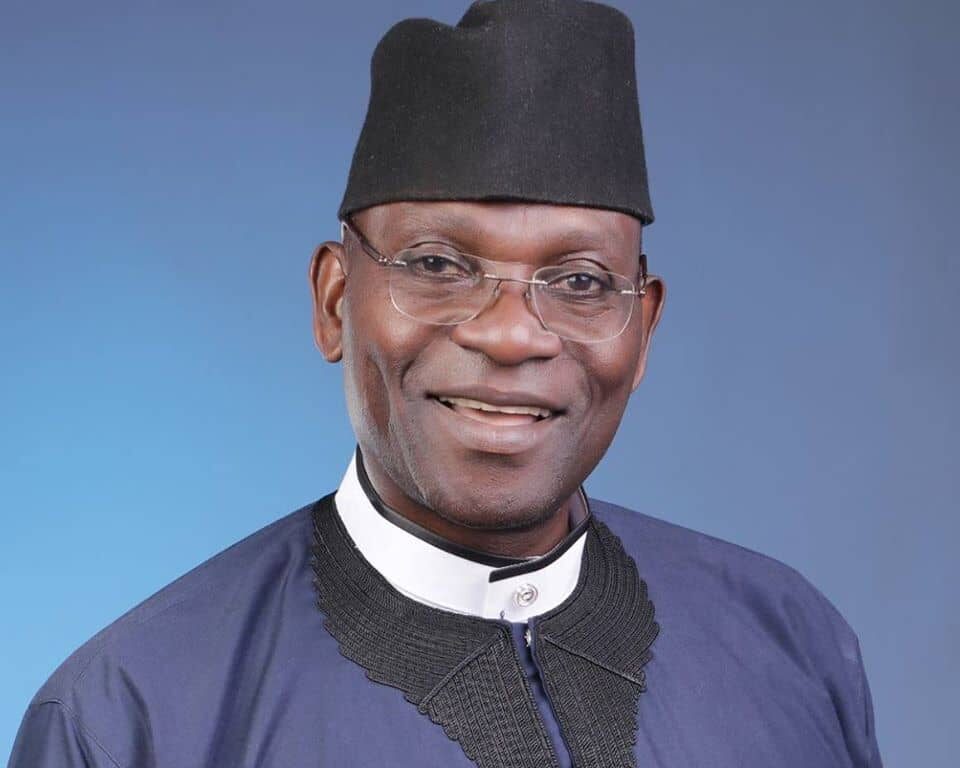In the ever-evolving tapestry of Nigeria’s history, certain individuals stand out as luminous threads, weaving tales of resilience, vision and purpose. Ambassador Anderson Nkemakonam Madubike is one such thread, a beacon of inspiration whose journey from humble beginnings to the apex of diplomacy is as compelling as it is instructive.
Early Days in Oji River
Born in the late 1960s, Ambassador Madubuike’s early life was steeped in simplicity and hard work. His father, a physiotherapist, worked with expatriates in Oji River, a hub for missionary activities and medical initiatives, including the leprosy settlement and the School for the Deaf and Dumb. It was amidst this multicultural environment that Anderson’s name was bestowed upon him by an expatriate doctor, a gesture that foreshadowed his international future.
“Names follow you,” he reflected, recounting how his name, Anderson, connected him to great figures and foreshadowed his eventual global influence. His primary school years at Oji River Central School in the 1970s were marked by leadership and responsibility. At a young age, he was made the senior prefect—a pioneering position at his school—which nurtured his meticulousness and commitment to duty. He fondly remembers assisting his headmaster, Late Chief Moris Chukwu, a disciplinarian who shaped his early sense of responsibility.
A Childhood Defined by Hard Work
Ambassador Madubuike’s upbringing was a masterclass in resilience and industriousness. His mornings began at 6 a.m., selling his mother’s specially made akamu (pap) in the neighborhood. By 6:30 a.m., he would be back home, ready for school by 7 a.m. This routine, coupled with his involvement in farming and hunting alongside his father, instilled a deep work ethic that remains a cornerstone of his success.
“I’d always cherish hard work as a standard. For you to succeed in life, you must believe in hard work, fear God, and have passion,” he stated, emphasizing the principles that guided him from a tender age.
Academic and Athletic Prowess
Madubike’s educational journey continued at Saint Vincent Secondary School, Agbogwugwu, a Catholic institution where his diligence and athletic skills shone. In 1981, he emerged as the fastest in the entire Awgu Division, clinching the top spot in the 100-meter dash. His athleticism was matched by his involvement in extracurricular activities, including choir and student unionism, reflecting a well-rounded personality.
His tertiary education at ASUTECH (Anambra State University of Technology), present day ESUT (Enugu State University of Technology) Enugu further honed his leadership abilities. Initially disinterested in politics, Madubike’s organizational skills earned him the position of class representative, a role in which he fostered unity and academic excellence among his peers. “ASUTECH then, unlike what you see now, was about hard work, studies, seriousness, and focus,” he reminisced.
Destiny and Grace: The Lagos Connection
A turning point in his life came during his National Youth Service Corps (NYSC) year, when he was posted to Lagos. For Madubike, this assignment symbolized opportunity and divine purpose. “That night, I did not sleep,” he admitted, recounting his excitement and resolve to seize the chance. Destiny and Grace of God connected him to his destiny helper, Real Admiral Alison Madueke. Although assigned to teach, he approached the role with focus and dedication, which set the stage for his eventual transition into diplomacy.
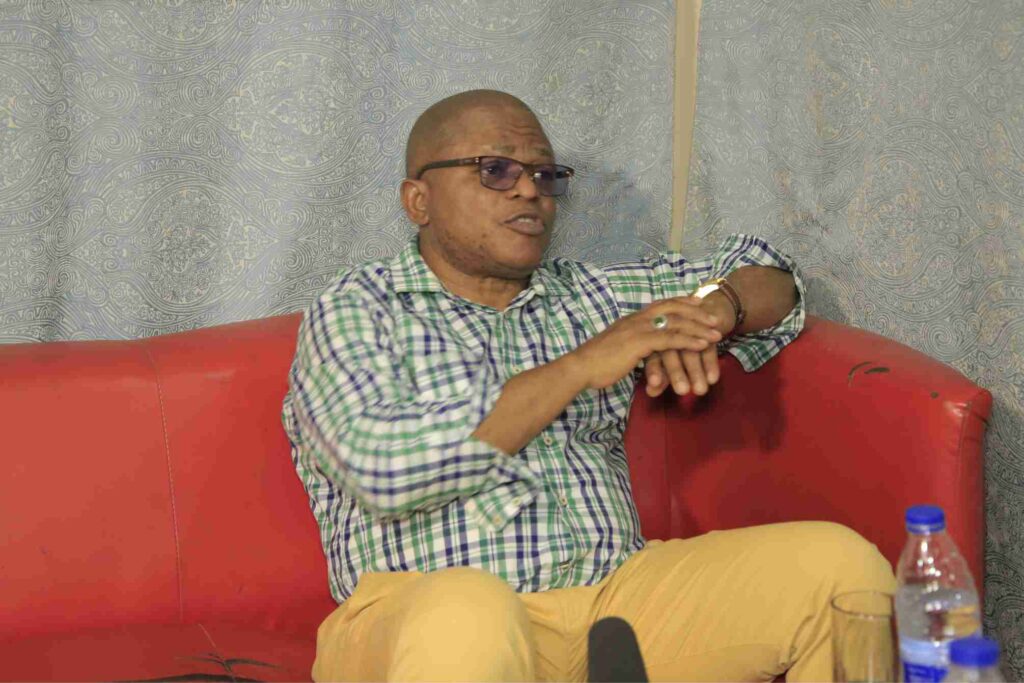
Inspiration and Mentorship
Ambassador Madubike credits much of his drive to the inspiration he drew from the Erike family in Oji River. “They stood out,” he said, recounting how six members of the family were in the United States at the time. Their success motivated him to aspire for greatness. “If the Erikes can do this, why can’t Anderson?” he often asked himself, a question that fueled his ambition and determination.
The Diplomatic Calling
When asked about his motivation to pursue a career in diplomacy, Madubike emphasized the interplay of vision, hard work, and divine grace. “Great people are born,” he remarked. “You determine what you should be in life.” While his education at ASUTECH’s Faculty of Management Science equipped him with foundational knowledge, it was his intrinsic drive and the influence of mentors and role models that truly shaped his path.
A Reflection on Nigeria’s Transition
As a diplomat, Ambassador Madubike’s perspective on Nigeria’s evolution is both hopeful and pragmatic. He recalls a time in the 1970s and 1980s when Nigeria was a beacon of communal life, security and standards. While lamenting the current challenges, he remains optimistic: “Every country is in transition. Nigeria is indeed in transition. And I’m positive that one day, we’ll get it right.”
Legacy of Leadership and Purpose
Ambassador Anderson Nkemakonam Madubike’s journey is a testament to the transformative power of vision, resilience, and divine grace. From his humble beginnings in Oji River to representing Nigeria on the global stage, his story is one of purpose and perseverance. As he continues to inspire the next generation, his life serves as a reminder that greatness is born from a commitment to hard work, faith in God, and an unwavering belief in one’s potential.
Facing Pressure with Poise
Pressure is an inevitable aspect of any high-stakes career, and for a diplomat, it comes in waves. When asked how they handle pressure, the diplomat provided a perspective grounded in composure and pragmatism.
“Nobody likes pressure,” he began. “You do your best by looking at priorities. First of all, calm down. What I have learned over these years is that there’s no situation that is not surmountable. Challenges demand calmness because if you don’t calm down, you make mistakes, and you can’t solve the problem.”
For this diplomat, the secret lies in finding balance amidst chaos. “Drink cold water, think outside the box, and the solutions will come. Pressure is transient—it must always come down. Water must find its level in all circumstances.” This approach underscores the importance of measured thinking, even in the face of overwhelming challenges.
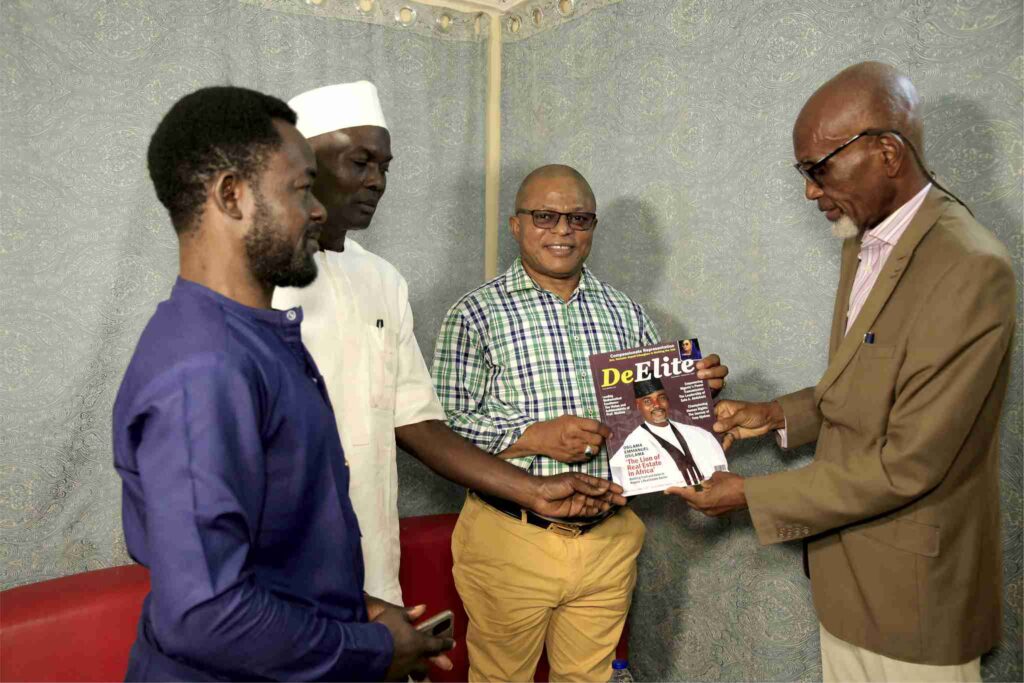
Mediation: The Heart of Diplomacy
Conflict resolution is at the core of diplomatic work. Recalling instances of successful mediation, the diplomat highlighted the critical role of listening, respect, and purposeful engagement.
“As a diplomat, mediation is a core responsibility. You must let people know they can’t work under an acrimonious situation. Crisis or no crisis, there must be solutions to every situation unless, as we say, ‘the heads are off.’”
In his current role as a Director Policy Research and Statics at the Ministry of Foreign Affairs, mediation takes center stage. “When we visit our missions, the first thing we do is gather the officers for a meeting. We ask them, ‘How are you running the missions? What challenges are you facing?’ It’s essential to create a conducive environment for productivity.”
The diplomat emphasized that leadership is a divine calling, one that must be approached with humility and a sense of service. “God gave us these positions to serve humanity. When we realize this, we lead better, and our country improves overall.”
Staying Informed and Adapting
Staying abreast of global affairs is a non-negotiable part of the job. The diplomat detailed their daily routine, which involves consuming news from international outlets like BBC and CNN and engaging with colleagues on various platforms. “For an average diplomat, staying informed is very important. You must be updated.”
Adapting to new environments is another critical skill. While adults in the profession adjust quickly, the diplomat acknowledged the challenges faced by families, particularly children. “For adults, you adapt. But for children, it’s difficult. They don’t easily settle because we’re always moving.”
Interestingly, homesickness for Nigerian cuisine often accompanies the diplomatic journey. “You miss home, especially the food. Nigerian cuisines are special, and we shouldn’t neglect that.”
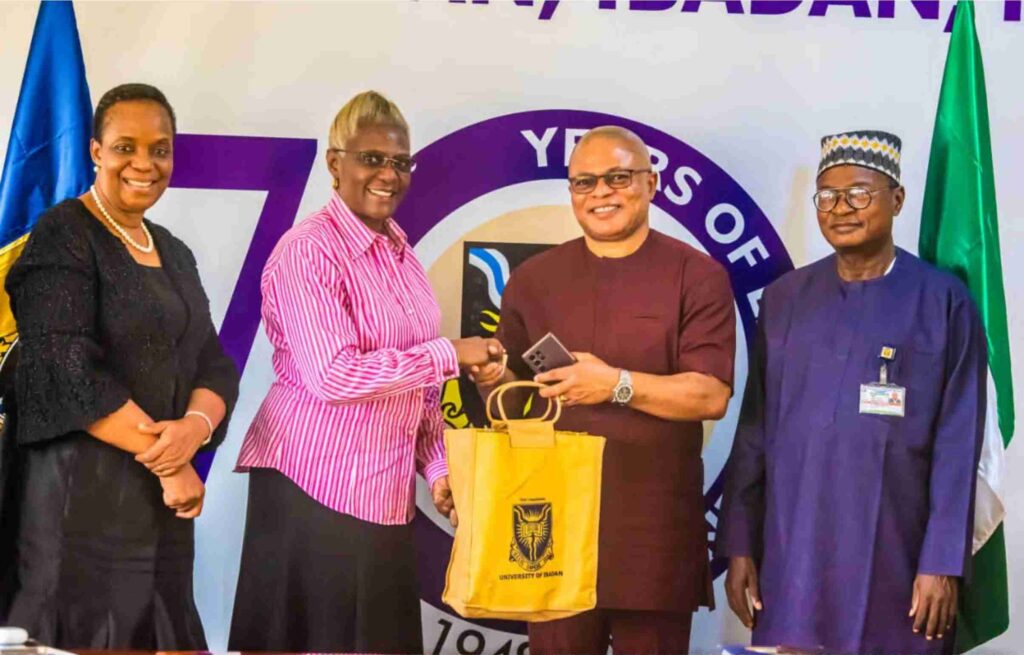
Advocating for Nigeria’s Interests
Representing Nigeria on the global stage is a privilege the diplomat cherishes deeply. Advocacy for Nigerian interests is a daily affair, whether through investment conferences or diplomatic engagements.
The diplomat took pride in Nigeria’s global contributions, particularly in education and healthcare. “In the United States, it is said that out of every four Nigerians domiciled there, three possess a second degree; while out of every four American citizens only one has a second degree. Nigerian professionals in the medical field are indispensable to the U.S. economy.” This goes to show that Nigerian’s are very ambitious where ever we find ourselves. We are always at our best. Ambassador Anderson Madubike went on to say that Nigeria as a country is blessed with human and material resources; hence he is advocating that Nigerians should be patriotic and keep working hard at whatever they do and that with time, the country will be great.
This unwavering belief in Nigeria’s potential fuels their optimism for the country’s future. “Every country is in transition. We will get it right.”
A Legacy of Service
Diplomacy is as much about managing relationships as it is about representing national interests. The insights shared by this diplomat provide a window into a profession that demands resilience, adaptability, and a deep commitment to service.
Their experiences underscore a universal truth: effective leadership is rooted in humility, calmness, and the pursuit of solutions. For this Nigerian diplomat, every challenge is an opportunity to serve with purpose, advocate with pride, and foster a better future for the country.
A Passionate Voice for Nigeria
Reflecting on his time in Shanghai, the diplomat spoke with pride about his active role in fostering trade missions and organizing conferences. “One of the things I learned in China is their high sense of patriotism,” he said. “The Chinese love their country deeply, and that is something I’ve carried with me. When I talk, I talk passionately, and that resonates with people.”
His passion and energy have often left lasting impressions. Despite being 59 years old, his youthful spirit and enthusiasm continue to inspire. “Young is about heart and spirit,” he remarked. “I will always approach my job professionally and competently, bringing energy to every engagement.”
Bridging Cultures in a Complex World
As a diplomat, navigating the sensitivities of different cultures is crucial. “Every country is unique,” he noted. “Diplomacy is about projecting your local policies in a foreign land while respecting the host country’s laws and sensitivities. The two must be married together for success.”
He recounted the strict enforcement of laws in China, particularly regarding counterfeit drugs. “In China, those involved in fake drug manufacturing face severe penalties, including execution,” he explained. “In contrast, Nigeria’s approach is much softer. As Hon. Consul General of The Federal Republic of Nigeria in People’s Republic of China my role was to engage Nigerians in the country, advising them to stay away from illegal activities and reminding them that their actions reflect on all Nigerians.”
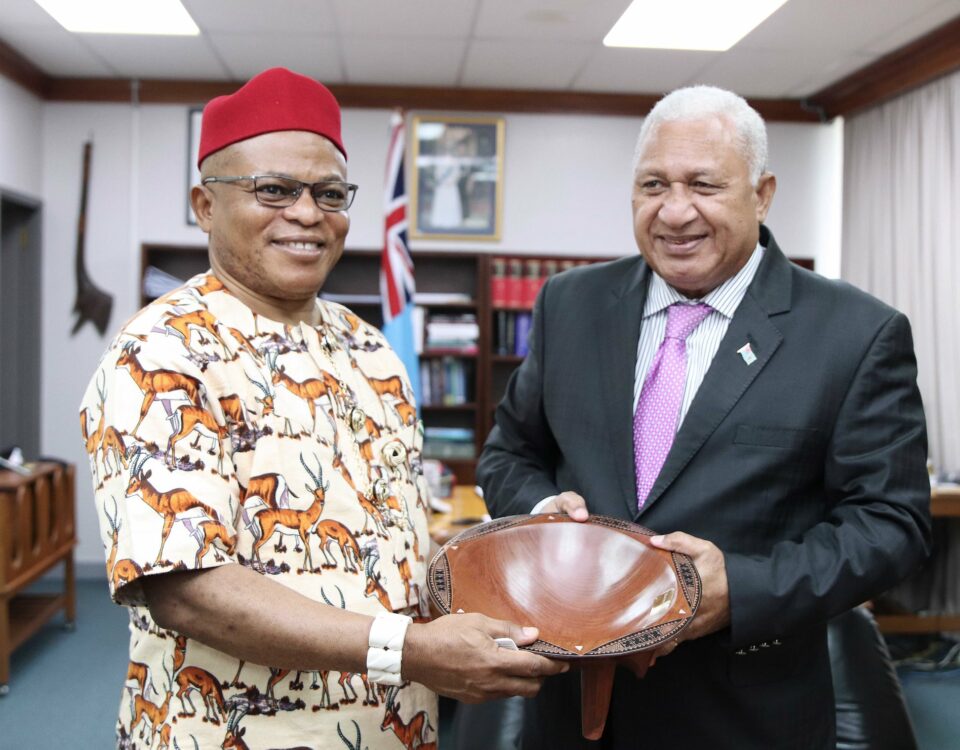
Fostering Nigerian Unity Abroad
Promoting unity among Nigerians abroad was a key part of his mission. “We identify Nigerian leaders in different communities and engage them to bring others together,” he said. “During independence celebrations, we gather, share advice, and emphasize that all Nigerians abroad are ambassadors of our country. Whatever bad you do will rub off on others.”
He recounted a memorable visit to a university in Australia that became the talk of the day. “When I speak, I speak passionately and frankly,” he said. “People appreciate that honesty and energy. It’s something I’ve carried with me throughout my career.”
A Legacy of Impact
One of his most memorable experiences was an investment conference in China. “After my presentation, a Chinese organizer approached me and insisted I stay another day,” he recalled. “He even offered to cover my hotel and travel expenses, saying my presence was crucial for the event’s success. Such moments reinforce the importance of passionate and effective communication.”
Though he was recalled from Foreign Service, he remains grateful for the recognition of his hard work. “I was appointed Director of PRS upon my return, which speaks to the government’s acknowledgment of my efforts,” he said.
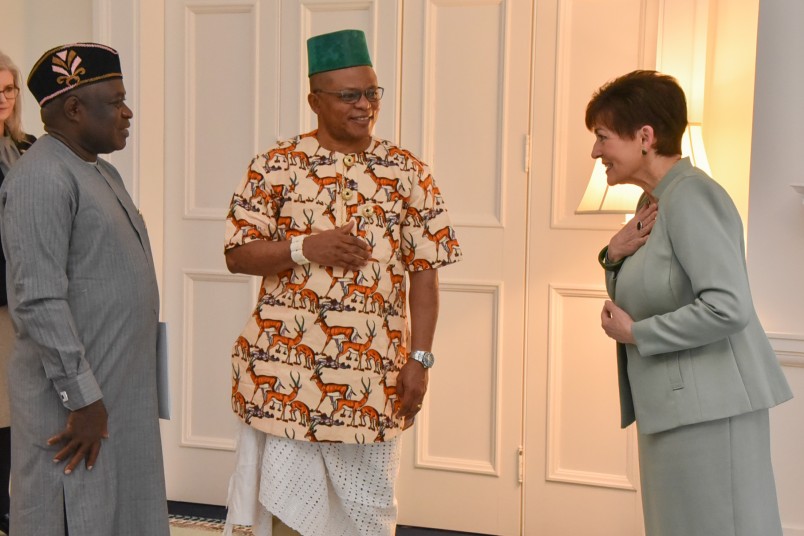
Balancing National and Global Interests
Diplomacy often involves juggling national interests with global competition. “Whenever there’s a challenging situation, we consult extensively,” he explained. “We call for meetings, take briefings from the Nigerian government, and proceed with clarity. It’s a process that ensures our actions align with national goals.” Ambassador Anderson further emphasised that diplomacy is about visibility.
He highlighted the interplay between public policy and international relations, describing them as “two sides of the same coin.” He emphasized the importance of advancing bilateral relations, fostering peace, and promoting Nigeria’s interests abroad.
Addressing Challenges with Vision
Funding shortfalls in diplomatic missions remain a pressing issue. “The government is addressing this challenge,” he said. “But we must recognize that Nigeria is a young nation compared to their European and American counterparts. In the next ten to fifteen years, I believe Nigeria will reach new heights.”
Strategic planning is another cornerstone of effective diplomacy. “We have committees dedicated to addressing crises and making projections,” he said. “Reports from our missions provide valuable insights, helping us stay proactive in a dynamic world.”
The Power of Dialogue
Conflict resolution is at the heart of diplomacy. “Disagreements within teams or with constituencies are resolved through dialogue,” he said. “The world is always better with dialogue. Even in the ongoing hostilities between Gaza and Israel, dialogue remains the path forward.”
On Nigeria’s stance regarding the Gaza conflict, he affirmed the country’s support for peaceful coexistence. “Nigeria encourages both parties to embrace dialogue. Palestinians deserve a state, and a peaceful, amicable solution is the only way forward.”
Looking Ahead
As he reflects on his journey, this seasoned diplomat’s optimism for Nigeria’s future remains unwavering. “Diplomacy is about fostering relationships, advancing national interests, and contributing to global peace,” he concluded. “With the right vision and commitment, Nigeria’s potential knows no bounds.”
His story serves as an inspiring reminder of the power of passion, professionalism, and patriotism in shaping a nation’s destiny on the global stage.
Challenges and Opportunities in Faraway Lands
The role of a diplomat is never easy, and for Ambassador Madubike, the challenges of serving in far-flung regions like Australia, New Zealand, and the Pacific were both profound and rewarding. Reflecting on his time in Australia, he expressed a sense of unfulfilled potential due to the brevity of his posting.
“Australia is a beautiful country, a developed economy with a lot of opportunities. But due to the distance, we are not doing much with them. Nigerians often focus on countries like the UK, America, and Canada. Australia’s education sector, science, technology, and other areas are well advanced, and they’re looking for collaborations with Africa,” he shared.
During his two years in Australia, Ambassador Madubike concentrated on forging educational collaborations and scouting for scholarships for Nigerian students. He believed in promoting opportunities for Nigerians to excel academically and professionally in Australia, emphasizing, “When you read and do well, there’s a chance of getting their citizenship. Nigerians love traveling and thriving abroad, and I was pushing for these opportunities.”
He also highlighted Australia’s expertise in solid minerals mining and explored possibilities for Nigeria to benefit from such collaborations. Although he made significant strides in connecting Nigerian universities with their Australian counterparts, he felt more time would have allowed him to achieve even greater results.
Beyond Australia, his engagement with Pacific nations like New Zealand, Papua New Guinea, and Vanuatu revealed another dimension of his vision. “These are black nations, and our closing ranks with them strengthens their identity. Nigeria, as a leader of the black race, has a vital role to play in supporting these nations,” he stated.
Balancing Work and Wellness
Ambassador Madubike’s commitment to his work came at a cost—his health. He candidly recounted how his dedication nearly led to executive stress, prompting a significant lifestyle change.
“It’s recently that I’ve realized the importance of relaxing. I used to work relentlessly, which almost affected my health. The doctors advised me to distress and manage my life better. Now, I go to the gym regularly and take time to relax. Work and no play makes Jack a dull boy,” he reflected.
He emphasized the importance of balance, noting that life’s journey requires wisdom and management. “If something happens to you, others will continue the race. You must take care of yourself to make it to the finish line.”
A Life Guided by Grace
For Ambassador Madubike, life is a tapestry of miracles and grace. His journey has been marked by extraordinary opportunities, including his appointment as Director of Protocol to the First Lady during President Jonathan’s administration and his subsequent roles in foreign affairs.
“I see my life as a series of miracles. From how I got certain jobs to the unique opportunities I’ve had, it’s clear that God’s grace has been with me. This realization has drawn me closer to God and made me more reflective about my purpose,” he shared.
Currently reading Birthing His Excellence by Arome Osayi, a religious book that delves into the concept of God’s excellence, Ambassador Madubike finds inspiration in faith as he prepares for the next chapter of his life.
The Call to Leadership
As he nears the end of his service in foreign affairs, Ambassador Madubike remains passionate about leadership and governance. He firmly believes that the challenges facing Africa, particularly Nigeria, stem from a lack of quality leadership.
“For the developing world like Africa, leadership is crucial. Three-quarters of our citizens are illiterates, and strong leadership can guide institutions and citizens effectively,” he asserted.
While he is exploring opportunities in consultancy and other ventures, Ambassador Madubike is open to serving his community and state. “If my local government or state asks me to contribute my knowledge and experience, I will gladly accept. Leadership is about service, and I am always ready to serve,” he affirmed.
A Legacy of Vision
Ambassador Anderson N. Madubike’s journey is a testament to the power of vision, resilience, and purpose. Whether advocating for international collaborations, prioritizing personal wellness, or reflecting on the divine grace that has shaped his path, he embodies the spirit of a true diplomat and leader.
As he looks to the future, his unwavering commitment to service and leadership ensures that his impact will continue to resonate, both within Nigeria and beyond its borders.
